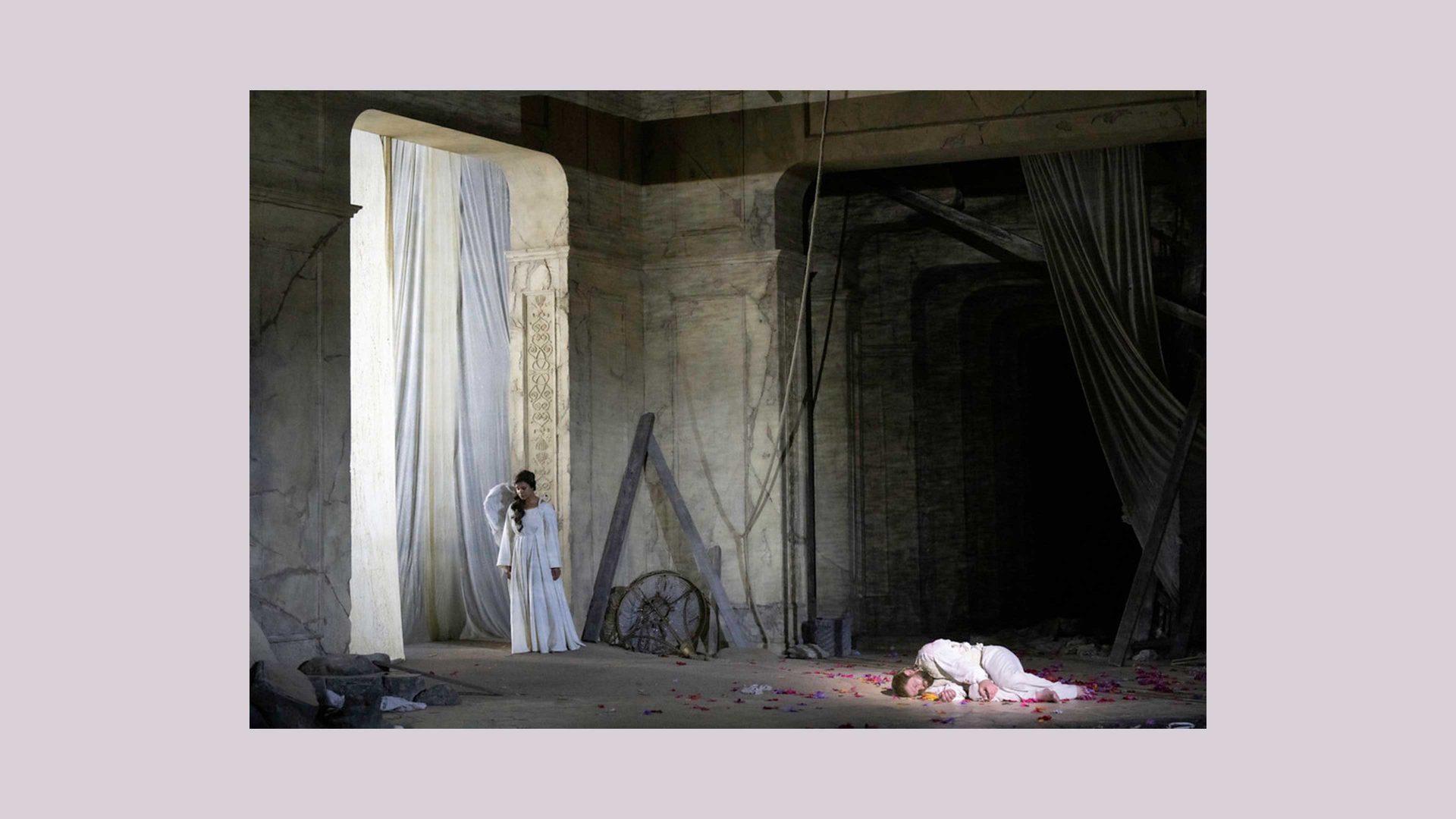Do you fancy a new job? How about becoming a senior political adviser on domestic policy to a 190-year-old institution that is part of the fabric of British life? Or perhaps a senior political adviser on public service?
Do your interests veer more to the international? Then how about becoming a senior political adviser on foreign affairs? Should you feel a bit too inexperienced for these roles, the organisation so keen to hire new talent also wants a couple of other political advisers, not officially “senior” but still charged with “developing and communicating alternative policies to the government of the day”.
The most obvious drawback from all these appointments is that the “government of the day” seems less than likely to pay the slightest notice to any innovative ideas that the new advisers might advocate since the recruiter is not some altruistic thinktank or charity but the organisation which, until very recently, was itself the government.
Yes, it is that well-known bastion of blue-sky thinking, the Conservative Party, which is trying to recruit fresh blood to Central Office. And, while it promises competitive salaries, generous annual leave and a culture “aimed at promoting a positive work/life balance”, being the party that just registered such a disastrous election result is a mighty large negative for a prospective employee to overcome.
An optimist might see the scale of the recruitment ambitions and conclude that the party was facing up to the scale of its defeat, recognising it needed new ideas. But it is not clear whether that is the view at the top, because the Tories will not decide on their new leader until November.
Those who would succeed Rishi Sunak are making their views clear but at this stage their target audience is limited to 120 MPs and the paid-up membership, a number sufficiently embarrassing for the party not to have made a figure available since it hit 172,437 in 2022.
The MPs whittle the list down to two candidates from which the members must choose. Remember, these are the members who worshipped Boris Johnson and enthusiastically embraced the idea of Liz Truss as PM.
The party has become home to ultra-freemarketeers, who see tax as evil, and dogmatic anti-immigrationists. They would never join the vicious thugs who turn out for the EDL but they do think Nigel Farage talks sense and they could be tempted to join Reform, as many former Tories already have.
That is the core of the Tories’ dilemma: the middle ground has moved to Sir Keir Starmer’s version of Labour and is likely to allow the party a prolonged chance to prove itself while the Conservatives risk losing what little support they have if they don’t move further to the right.
Yet aping Reform is only likely to slow the route to extinction. It might force remaining moderates to try to create a new, centre right, group but new parties do not have a good record in the UK. Reform is an exception and its success depends largely on Farage: an irresponsible, publicity-loving rabble-rouser in some eyes but a brave, honest and patriotic leader to others.
And while Starmer has demonstrated that abundant supplies of charisma may not be crucial to a leader’s electoral success, more than a sprinkling can definitely help. None of the six contenders for the Tory leadership appear to have been beneficiaries when the charisma fairy was bestowing her gifts.
If there are any wise heads left in the Conservatives, they should be urging that the party buys itself time, cleaving as close to the centre as it can while it adjusts to the business of opposition.
Labour does not have an easy task in turning round the country after years of decline. Rachel Reeves’ display of shock and anger over the state of the nation’s finances would not have won her a place at Rada but the majority of the country had probably accepted that some tax rises would be inevitable and seems unmoved by the degree of play-acting that has presaged them.
There will be less tolerance, though, of failure to deliver on the big promises: the houses must be built; the NHS must be improved; living standards must rise; relationships with the EU must be rebuilt.
If Labour fails in its declared missions, the Conservatives could have their chance again – but only if they avoid a further lurch towards the right. That way is simply wrong.




